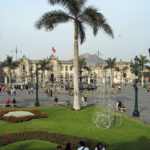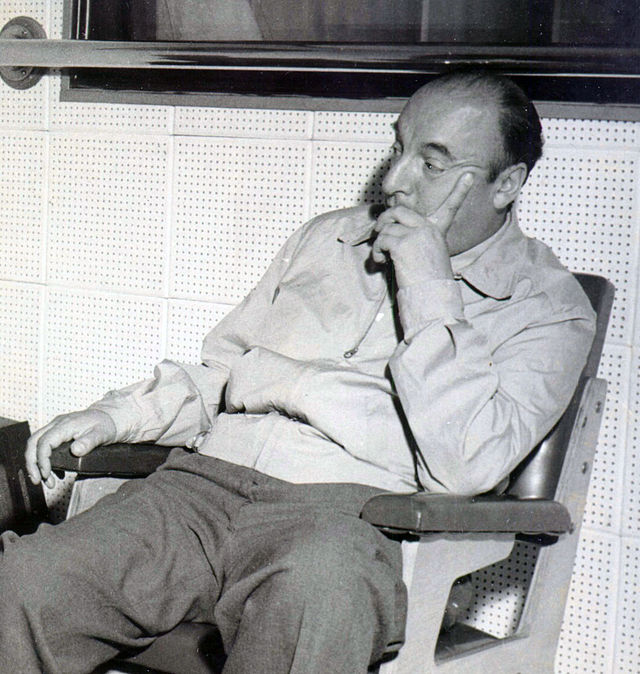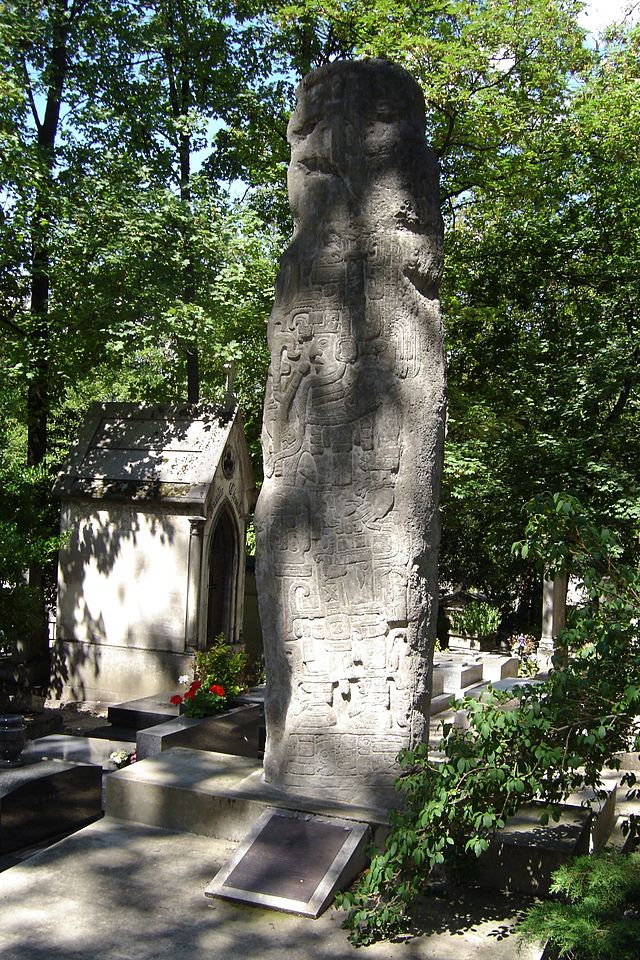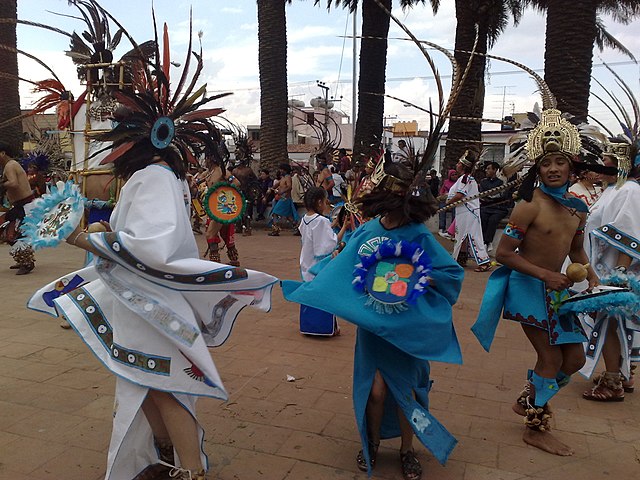Poetry has long been a vehicle for expressing the complexities, triumphs, and struggles of societies around the world. In Latin America, a region rich in cultural diversity and historical significance, poets have played a crucial role in capturing the multifaceted aspects of its society. Through their verses, these poets offer poignant reflections on social injustices, political upheavals, cultural identity, and the resilience of its people. This article aims to delve into the poetic landscape of the region, exploring the works of notable poets who provide unique perspectives on its sociopolitical fabric. Latin American society is a tapestry of diverse cultures, traditions, and historical narratives. Poets have harnessed the power of language and imagery to explore and illuminate the complex layers that shape it. They delve into themes such as inequality, colonialism, social upheaval, cultural identity, and the fight for justice, painting vivid portraits of the Latin American experience. Prominent Poets and their Sociopolitical Views:
Pablo Neruda (Chile): One of Latin America’s most celebrated poets, Neruda blended personal and political perspectives in his works. His collection “Canto General” explores the region’s history, colonialism, and the struggles of the working class. Neruda’s poignant verses often give voice to the marginalized, celebrating the resilience and dignity of its people.
Octavio Paz (Mexico): A Nobel laureate, Paz examined the intricate relationship between individual and collective identities in his poetry. In works like “Sun Stone” and “The Labyrinth of Solitude,” Paz delved into the social and cultural complexities of Mexican society, exploring themes of power, spirituality, and the search for identity.
Nicolás Guillén (Cuba): Known as the national poet of Cuba, Guillén addressed issues of race, social justice, and the Afro-Cuban experience in his poetry. Guillén’s poems, such as “Motivos de Son” and “Songoro Cosongo,” celebrated Afro-Cuban culture, critiqued social inequalities, and called for unity and resistance against oppression.
Claribel Alegría (Nicaragua): A prominent Nicaraguan poet, Alegría tackled political repression and the struggle for human rights in her verses. Her collection “Sorrow” confronts the realities of war, injustice, and the resilience of the human spirit. Alegría’s poetry captures the voices of the oppressed and envisions a more just society.
Gabriela Mistral (Chile): The first Latin American woman to receive the Nobel Prize in Literature, Mistral explored themes of motherhood, love, and social inequalities. Her poems, such as “Desolación” and “Ternura,” portray the strength of women, the plight of the marginalized, and the enduring power of love and compassion.
These poets have used their verses as a means to inspire social change and challenge oppressive systems. Their works serve as a call to action, highlighting societal issues and advocating for justice, equality, and the preservation of cultural heritage. Through their artistry, they ignite dialogue, raise awareness, and cultivate empathy among readers, fostering a collective sense of responsibility towards creating a more inclusive and equitable society. The poetic voices of Latin America continue to resonate, both within the region and globally. These poets have left an enduring impact on its literature, inspiring subsequent generations of writers and sparking important conversations about sociopolitical issues. Their poetry serves as a testament to the power of artistic expression in promoting social consciousness, unity, and empathy.
Latin American poetry offers a unique lens through which to view the region’s sociopolitical landscape. From the verses of Neruda and Paz to the poetic insights of Guillén, Alegría, and Mistral, these poets have given voice to the struggles, triumphs, and complexities of the region’s society. Their poetic narratives serve as a catalyst for change, challenging the status quo and inspiring readers to seek justice, equality, and a deeper understanding of the diverse cultures that shape Latin America. As we embrace the poetic legacy of the region, we recognize the power of language and imagination in fostering empathy, dialogue, and transformative social progress.










